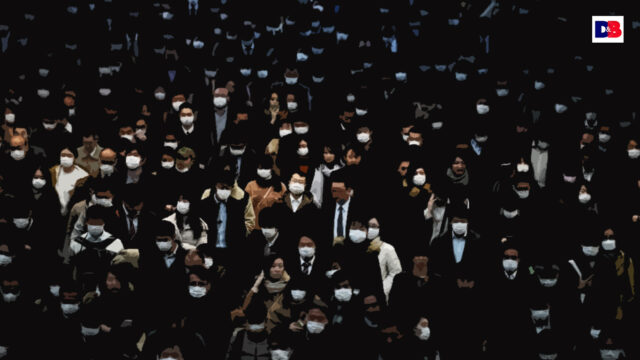October 29, 2020: France and Germany have declared a second lockdown amidst the rising cases of COVID-19. Germany declared partial lockdown effective from November 2. This ‘lockdown light’ is a less intense version of the first round of lockdown implemented earlier this year. French President Emmanuel Macron also declared the second round of lockdown effective from October 30 till December 1.
German Chancellor Angela Merkel announced the new partial lockdown on October 28. “We must act, and now, to avoid an acute national health emergency,” she said in a press conference.
In Germany, restaurants and bars, theatres, swimming pools, gyms etc. will be closed. Large events will be cancelled, unnecessary travel is strongly discouraged, and overnight stays in hotels for tourist purposes is banned. Public meetings are restricted to up to 10 people. Employers are encouraged to enforce work from home. Schools and kindergartens will remain open, nursing home residents will be allowed to receive visitors, church services will be allowed and borders will remain open. Due to constitutional concerns, protests will be allowed to continue.
In France, schools, essential businesses, most public services will remain open. Factories, farms and construction sites can continue work. With the new restrictions, bars, restaurants and nonessential businesses will be closed. People can only leave home to go to work, to go to school, for a medical appointment, to assist loved ones, for essential shopping or one hour of physical exercise. They will need to show documentation when leaving the house. The government has encouraged work from home wherever possible. Universities and higher education will mostly continue in online mode. International borders will remain largely closed, however, EU borders will remain open and overseas French citizens can return. The new rules will apply until December 1 only with an exception for the upcoming All Saint’s holiday weekend.
“We were all surprised by the acceleration of the epidemic. We must remain united and in solidarity and not give in to the poison of division. This is a difficult time, but it is a sign of who we are, women and men who are bound together,” said President Macron.
Both Ms Markel and Mr Macron voiced their concern about the stress on the health system of their respective countries. “If infections continue at this rate, we will be at the limits of the capacities of our health system,” said Ms Merkel. Mr Macron said, “If we do not take action now … then our hospitals will be overwhelmed, and this time around we will not be able to transfer patients to other regions because the virus is everywhere.”
The cases in both countries are rising. Germany saw a surge in the virus infection rate that went over a threshold of 50 per 100,000 inhabitants in one week. As per WHO, Germany has recorded 481,013 cases of COVID-19 and 10,272 deaths so far. France has the highest number of infections in Europe with 1,203,068 confirmed cases with 35,484 deaths so far. On October 29, the French authorities reported 47,637 new cases and 250 deaths. Mr Macron said the goal of the second lockdown was to reduce new daily infections to 5,000.
Both France and Germany have announced financial assistance to the businesses affected due to the lockdown. France has declared access to €10,000 ($11,700) per month for small businesses. Germany has earmarked a total of €10 billion ($11.8 billion) to support affected businesses. Companies with up to 50 employees and the self-employed will receive 75% of their income in support. Larger companies in Germany will be reliant on EU rules for assistance and the assistance will be decided on a case by case basis.









